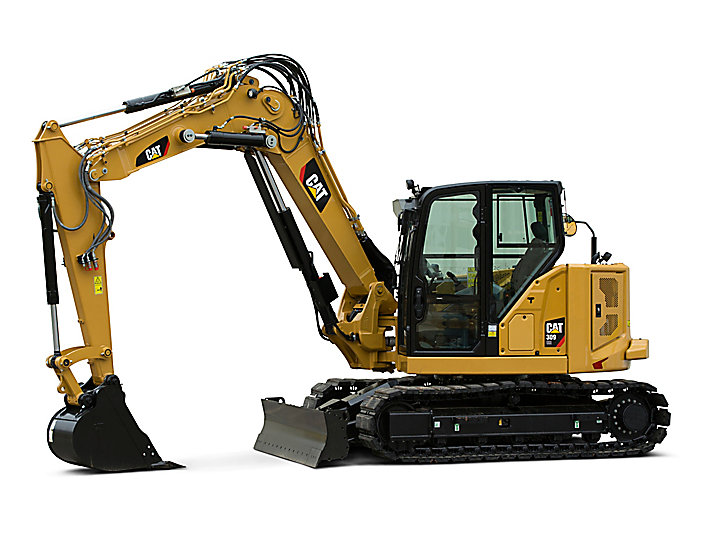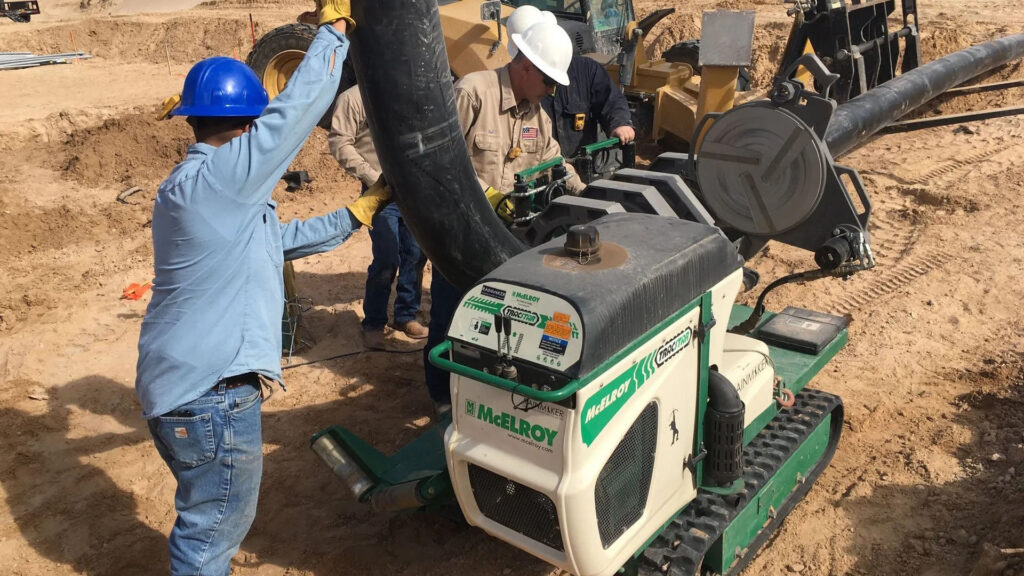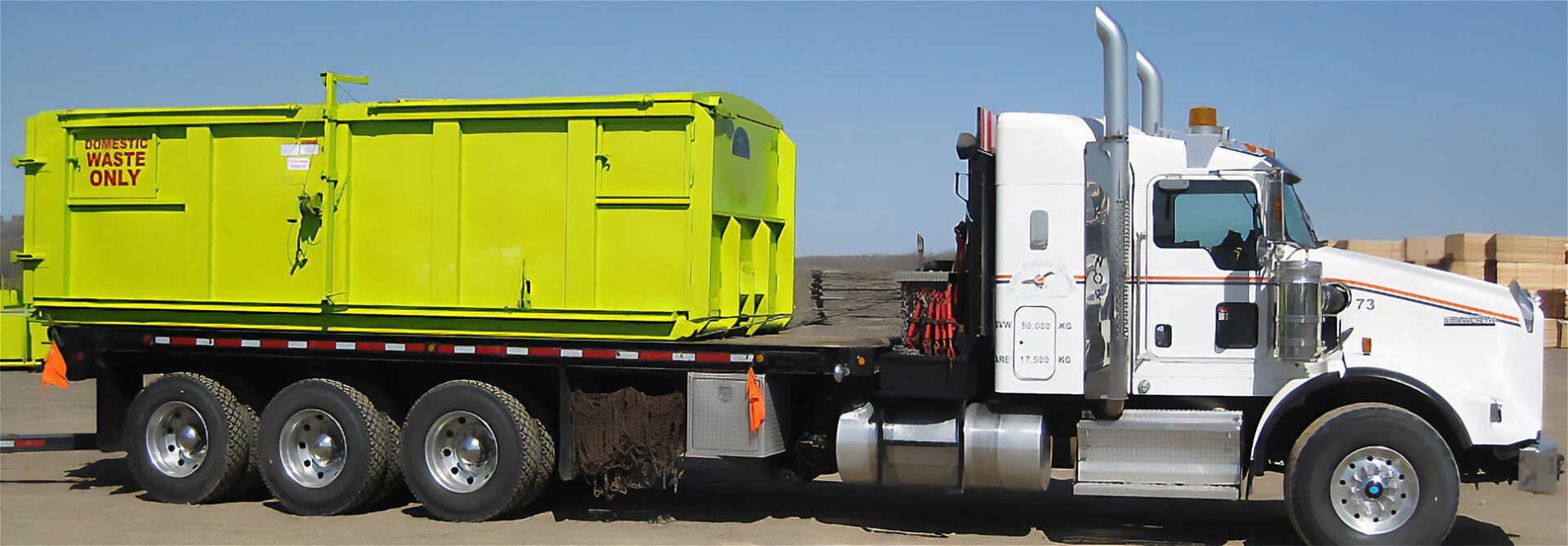Superior Oilfield pipeline equipment rentals vs buying equipment: pros and cons
Wiki Article
A Comprehensive Guide to the Numerous Kinds Of Oil Field Equipment and Pipeline Equipment Available
The oil and gas industry depends greatly on customized equipment for effective removal and transportation. Different kinds of equipment, from drilling rigs to tank, play important duties in this complex procedure. Each item of tools serves distinct functions that add to total operational success. Comprehending these parts is necessary for any individual associated with the field. As the industry progresses, so as well do the modern technologies that support it. What developments are on the horizon?
Drilling Rigs: The Foundation of Oil Exploration
Drilling rigs work as the important machinery in the domain of oil expedition, allowing firms to access hydrocarbon gets hidden deep under the Earth's surface area. These rigs are available in different kinds, consisting of land rigs, offshore rigs, and mobile units, each designed to run in details settings. Furnished with sophisticated technology, drilling rigs can penetrate geological formations with accuracy, making sure effective resource extraction. The architectural honesty and operational abilities of these rigs are essential, as they need to endure extreme problems and substantial pressures. The selection of a drilling gear influences the overall job price and timeline, making it a vital consideration for oil companies seeking to optimize their expedition initiatives and optimize performance in their procedures.Pumps: Vital for Fluid Activity
In the oil removal procedure, the function of pumps is substantial, facilitating the activity of fluids throughout numerous stages of production. Pumps are important for delivering unrefined oil, water, and various other fluids from below ground tanks to the surface and after that with pipes to refineries. They come in various kinds, consisting of centrifugal, favorable variation, and completely submersible pumps, each offering certain functions based upon the fluid attributes and functional needs. Centrifugal pumps are frequently used for their efficiency in high-flow applications, while favorable displacement pumps master managing viscous fluids. The option of pump effects general efficiency, functional security, and maintenance costs. Correct option and upkeep of pumps are crucial for enhancing production and decreasing downtime in oil area operations.Shutoffs: Controlling Circulation and Pressure

Valves play a vital role in handling the flow and pressure of liquids within oil fields and pipelines. Numerous kinds of valves offer distinct applications, each created to accomplish details functions basic for efficient operation - Superior Oilfield Rentals Texas. Recognizing the characteristics and uses of these shutoffs is crucial for optimizing system performance and security
Kinds of Valves
Essential elements in oil area procedures, valves play a vital duty in managing the circulation and stress of liquids within pipelines and tools. Various sorts of shutoffs are utilized to satisfy the varied needs of oil and gas production. Usual types consist of gate shutoffs, which supply a straight-line circulation and very little pressure drop; world shutoffs, recognized for their strangling abilities; and sphere valves, recognized for their fast on/off control. In addition, check shutoffs protect against heartburn, while butterfly valves use a lightweight remedy for regulating circulation. Each valve kind is made with details products and arrangements to hold up against the rough problems typically found in oil areas, making sure dependability and effectiveness in operations. Comprehending these types is crucial for effective system management.Valve Applications and Features
While various kinds of valves serve distinctive functions, their primary applications focus on controlling circulation and pressure within oil and gas systems. Shutoffs such as gateway, world, and ball shutoffs regulate fluid activity, making sure peak performance and safety and security. Entrance valves are commonly made use of for on/off control, giving very little flow resistance. World valves, on the various other hand, offer accurate flow guideline, making them appropriate for throttling applications. Round shutoffs are preferred for their quick operation and tight sealing capacities. On top of that, pressure safety valve are important for stopping system overpressure, protecting tools stability. On the whole, the proper option and application of valves boost operational performance, guaranteeing the reliable transportation of oil and gas via pipelines and handling facilities.Compressors: Enhancing Gas Transport
Compressors play a crucial duty in the efficient transportation of gas, ensuring that it relocates efficiently via pipes over cross countries. These tools increase the stress of gas, allowing it to overcome friction and elevation modifications within the pipeline system. Additionally, compressors help with the harmonizing of supply and need, suiting changes in intake and manufacturing rates. Numerous sorts of compressors are used in the market, including centrifugal, reciprocating, and rotary screw compressors, each offering unique advantages based upon the functional demands. Normal upkeep of these compressors is important to optimize performance and minimize downtime, eventually adding to a trustworthy gas transportation network. Their vital feature underscores the value of compressors in the overall oil and gas framework.Storage Tanks: Safe and Efficient Fluid Administration
Reliable transportation of gas depends on various supporting systems, one of which is the appropriate administration of tank. These tanks play a vital function in safely containing fluids, making sure that functional efficiency is maintained while decreasing environmental threats. Built from durable materials, they are designed to stand up to high pressures and corrosive aspects. Properly sized and tactically located, tank facilitate the smooth circulation of gas and various other fluids, avoiding traffic jams in supply chains. Normal maintenance and more info monitoring are critical to find leaks or structural concerns, advertising security and compliance with governing standards. Ultimately, the reliable management of storage containers is crucial for the overall stability and integrity of the oil and gas sector's liquid handling systems.
Pipeline Equipments: Facilities for Transportation
Pipeline systems act as the foundation of the oil and gas sector, promoting the reliable transport of hydrocarbons over huge distances. These systems contain various parts, including pipelines, shutoffs, pumps, and compressors, all meticulously created to guarantee seamless flow. The materials used in pipeline building, usually steel or high-density polyethylene, are picked for longevity and resistance to rust. Pipeline networks can span across land and water, attaching manufacturing websites to refineries and warehouse. Furthermore, advanced innovation enables real-time tracking of flow rates and pressure levels, enhancing functional effectiveness. The tactical positioning of these pipes reduces ecological effect while maximizing source ease of access, consequently playing an essential role in conference energy demands internationally.Safety And Security Equipment: Guaranteeing Worker and Environmental Management
The procedure of pipeline systems, while vital for power transport, also provides significant safety obstacles for workers and the atmosphere. Safety devices plays a substantial function in minimizing these dangers. Personal protective equipment (PPE) such as safety helmets, handwear covers, and non-slip shoes safeguards employees from physical threats. Additionally, gas detection systems keep track of for leaks, guaranteeing that harmful materials do not position a risk to workers or the bordering community. Emergency closure systems are crucial for promptly halting operations during a crisis, stopping potential catastrophes. Spill containment products, consisting of absorbents and obstacles, are basic for lessening environmental impact. Generally, buying comprehensive safety tools is essential for preserving functional integrity and protecting both employees and the environment in the oil and gas industry.
Frequently Asked Concerns
Exactly how Do I Choose the Right Oil Field Equipment for My Job?
Picking the ideal oil area equipment entails examining project requirements, spending plan restraints, and operational requirements. Think about elements such as equipment reliability, compatibility with existing systems, and the distributor's track record to assure peak performance and safety.What Are the Upkeep Needs for Oil Field Equipment?
Maintenance demands for oil field devices include normal examinations, lubrication, and timely repair work. Operators needs to likewise follow producer guidelines, screen performance metrics, and guarantee compliance with safety regulations to boost long life and performance.
Just How Can I Ensure Conformity With Environmental Regulations?
To ensure conformity with ecological regulations, firms must conduct regular audits, carry out finest methods, purchase training, preserve correct documentation, and remain updated on regulations (Superior Oilfield Rentals oilfield). Cooperation with ecological companies can additionally enhance adherence to lawsWhat Is the Ordinary Life Expectancy of Pipeline Equipment?
The typical life-span of pipeline tools usually varies from 20 to 50 years, relying on factors such as worldly top quality, ecological problems, and maintenance techniques. Regular examinations can considerably influence longevity and operational performance.Exactly how Do I Securely Transfer Oil Field Equipment to Remote Locations?
Delivering oil area equipment to remote areas needs cautious planning, consisting of route analysis, safeguarding permits, utilizing suitable automobiles, and ensuring security methods are complied with. Correct training and communication amongst staffs are crucial for successful transport.Report this wiki page